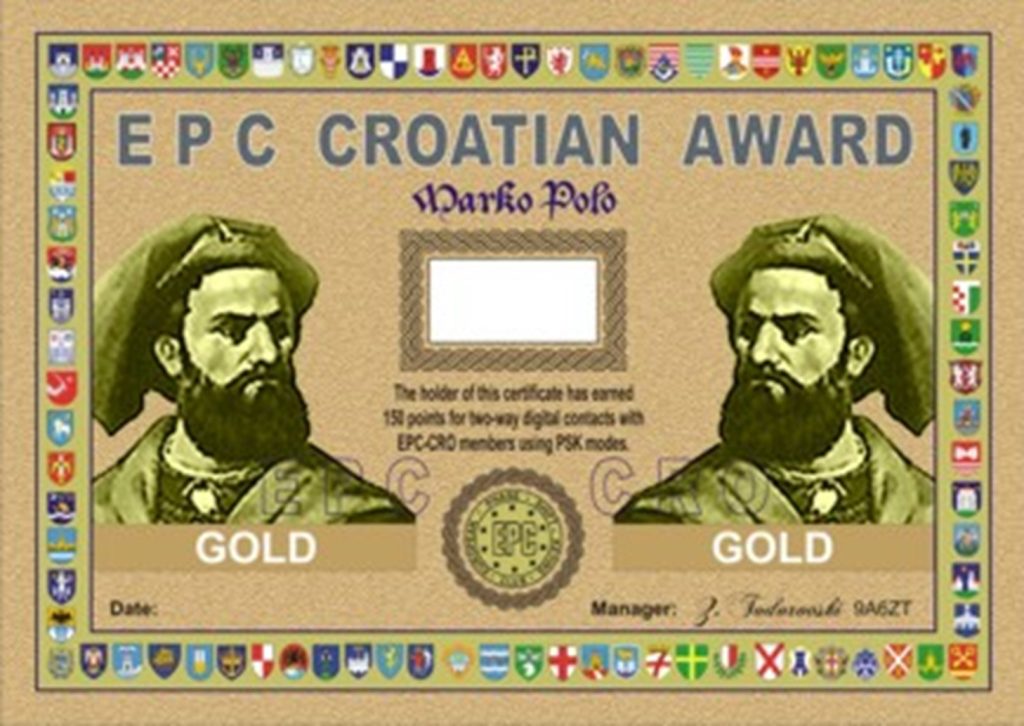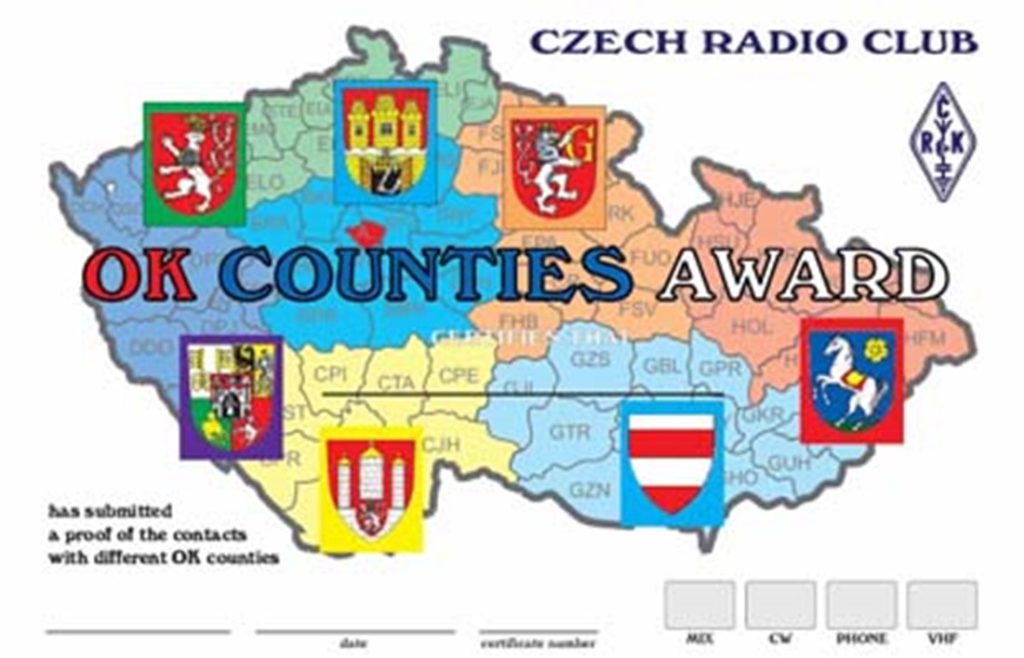The contest calendar is just packed with DX contests! And so are the bands—you can hear “CQ Contest” every weekend, on phone and CW and digital modes. You can enter many different contests and log lots of DX, even with a modest station.
So how do you choose? When there’s a big contest, one of the everybody-works-everybody events like CQ World Wide CW or the ARRL 10 Meter Contest, you don’t have to choose—just jump in! But on most weekends, you have a smorgasbord of events with various themes. The subject of this article is the “Single-Country Contest” where all contacts must be with at least one station in the target country.
How Many Can There Be?
Well, how many countries are there? Quite a few! Almost every country with its own IARU Society sponsors a contest at some point in the year. The table below lists quite a few of the single-country contests, although I’m sure I’ve missed a few. You can review all of the upcoming contests in WA7BNM’s Contest Calendar. If you’re not sure about whether the contest is a single-country contest, click the + next to the contest’s name for a look at the rules. If “Geographic Focus” says one country and “Participation” is worldwide, that’s a single-country contest. Even if everybody can work everybody, in-country stations are often in abundance because it’s their contest!
Single-Country DX Contests
January
Indonesia: YB DX Contest
Hungary: Hungarian DX Contest
France: REF Contest, CW
Belgium: UBA Contest, SSB
February
Netherlands: Dutch PACC Contest
France: REF Contest, SSB
Belgium: UBA Contest, CW
March
Russia: Russian DX Contest
April
Poland: SP DX Contest
Japan: JIDX CW Contest
Israel: Holyland DX Contest
China: Worked All Provinces of China Contest
Yugoslavia: YU DX Contest
Switzerland: Helvetia Contest
May
Italy: ARI International DX Contest
July
Canada: RAC Canada Day Contest
August
Romania: YO DX HF Contest
October
Germany: Worked All Germany Contest
November
Japan: JIDX Phone Contest
Bulgaria: LZ DX Contest
December
Croatia: Croatian CW Contest
Canada: RAC Winter Contest

There are also “single-region” contests that focus on a continent or a geographic region. As shown in the table below, these are populated areas with a lot of stations to work!
Single-Region DX Contests
June
All-Asian DX Contest, CW
August
WAE (Worked All Europe), CW
September
All-Asian DX Contest, Phone
WAE, SSB
Scandinavian Activity Contest (SAC), CW
October
Oceania DX Contest, Phone and CW weekends
SAC, SSB
One really nice thing about these contests is that you can focus your attention on a single area all weekend long. You won’t need to follow propagation to the highest-population area. You can learn about propagation to the country or region by continuing to work stations at a slower rate, long after you might have tuned elsewhere in a worldwide event.
From the Outside Looking In
If you are “DX” to the sponsoring country station, you have a great opportunity to work a lot of in-country stations that you might not hear on the air in other contests. A few of the big stations may have familiar calls, but here’s your chance to build up that database of calls in your head.
It’s also fun to have a mapping window or a paper map open to look up where stations are located. Some logging software will do that automatically—take advantage of that feature! Go back later and search for the town names online to find out some interesting facts about where your contacts were made from.

Many countries sponsor an award for working their regions or towns. Single-country contests are an excellent way to fill out your list and maybe qualify for the award right on the spot. Check the country’s IARU Society web page to find the award rules and application instructions. There are a few DX award directories online, too, such as VA3RJ. (The frequently referenced directory of K1BV is not being maintained as of 2021.)

Contest sponsors work hard to promote the contest and usually award certificates to top scoring stations in states, provinces, and countries around the world. If you spend a little effort working the contest, you might qualify for a nice certificate!
Don’t forget “band-modes” for the various DX “Challenge” award programs. Because you do not need to work a lot of different countries, you can focus on working stations on bands you might not ordinarily try. If you’ve worked the station before in the contest, they might recognize your call and ask you to QSY to other bands as well. It’s common to work one station on four or even five bands in a single-country contest.
On the Inside Looking Out
What if you are on the “other side of the pileup” in the sponsoring country? That will certainly make for more callers! It’s a little like being in the home state of a State QSO Party, but on the international level.
Assuming it’s not an everyone-works-everyone contest, callers will be looking for you all day long. Even a smaller station can call CQ with some success. You’ll find that some stations will ask you to “move” or QSY during the contact so they can log you on other bands. This is great fun and a good way to learn about propagation and using your station effectively. They may have a frequency picked out already—“Can you move to 21.355?” or just ask “QSY 21?” If you don’t have a big pileup, give it a try. You might respond with “YES 21030?” if you have a frequency in mind, too.

You might be surprised by the bands being more open than you think! Once upon a time, I “passed” a 7Q7 station using 100 watts and a big horizontal loop from 20 to 15 to 10 meters, even though it was midnight in Malawi. The band was dead quiet and even though the station wasn’t even “moving the meter,” the signal was copied just fine to complete an unexpected QSO. If you do move for a station, make the QSO, and don’t need to return to your pileup immediately, try calling CQ a bit on the “new” band to see who else might have followed you there or will hear you.
Awards are given out by your country, too, so expect the callers to follow you from band to band and then ask for confirmation of the QSO. With LOTW and other contact confirmation services, it’s never been easier to qualify for awards. DX operators working the U.S. may also want to know your county for the County Hunters award, for example, so know your grid and county. Is there a rare spot, such as a state or province, in your country? Why not turn your country’s contest into an opportunity for a mini-DXpedition? Even a Field Day-style operation can make a lot of QSOs.
The ARRL DX Contest
Speaking of focused contests, how about the oldest contest of all—the 1927 International Relay Contest (now the ARRL International DX Contest). You can read all about it in the online QST archive for March 1927. Look for the article by F.E. Handy on page 28. The results were ready by August of 1928 with 1ASF in first place with 305. (This despite a steam shovel nearly wrecking his antenna mast—some things never change.)
In the ARRL DX contest, all contacts must be between DX stations and U.S. or Canadian stations (who can’t work each other). Around the world, stations point their beams at the U.S. and leave them there for the entire weekend. You can work a lot of new stations without having to push your way through pileups of other DX operators. A lot of little pistols have completed their DXCC during the ARRL DX contest and some bigger stations find those last few counters for 5B or even 6BDXCC.

The Flip Side: Single-Band Contesting
A complement to single-country contests, single-band contesting is a great way to really learn a band’s propagation. By staying on one band, you’ll encounter special openings that an all-band entrant might miss when pursuing higher rates on other bands. Long-path, skew-path, gray-line, over-the-pole-at-midnight…all of these have the potential for memorable QSOs. And when you do enter as an all-band operator, you might remember, “Say, as 10 meters closes to Europe, it sometimes opens via the skew path over northern Africa!”
Focus, Focus, Focus!
I hope you’ll agree that all this sounds like fun and give one of the single-country contests a try. It’s a great way to learn, meet hams who live there, and pick up some propagation know-how, too. Maybe even a certificate for your station!

